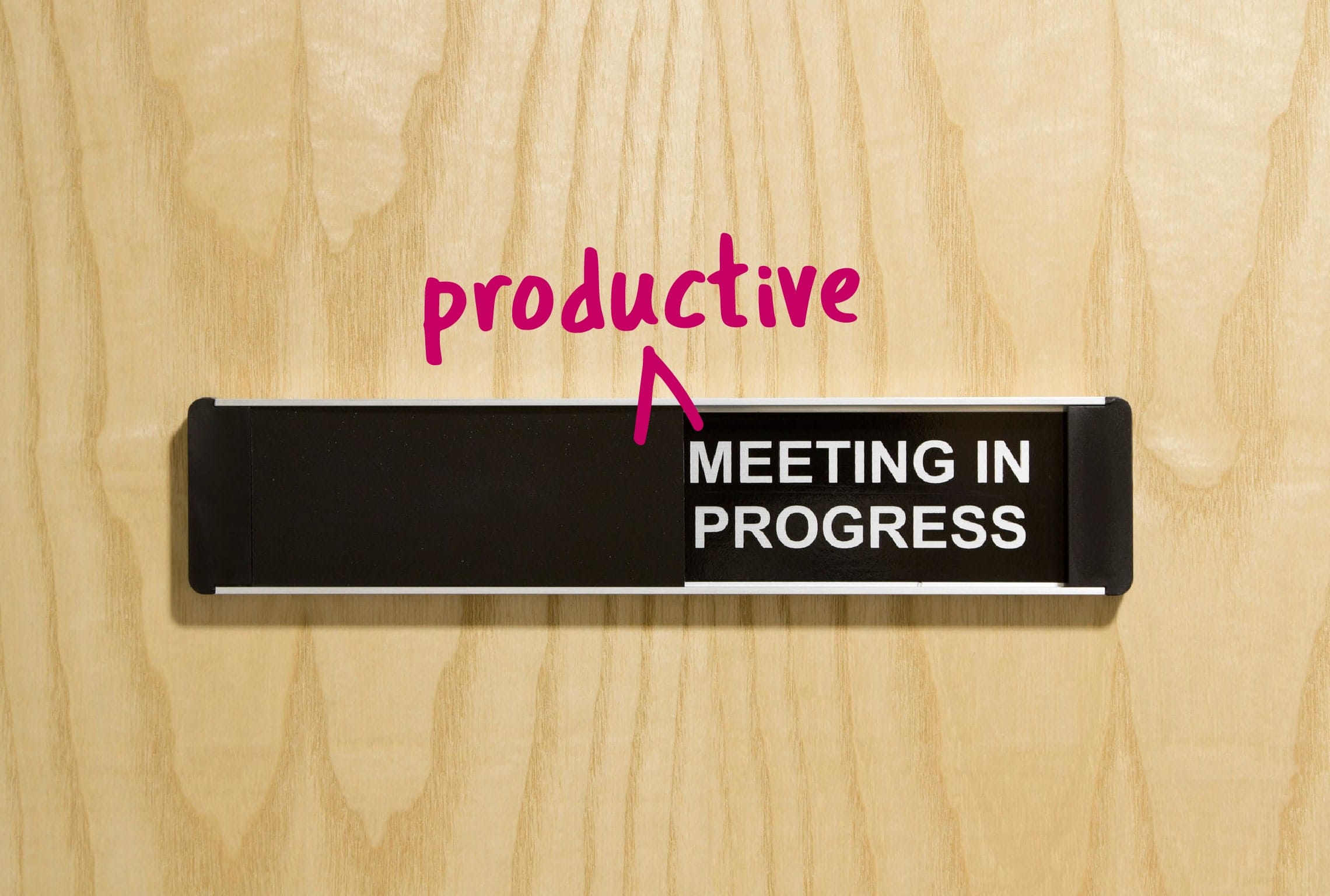
There’s nothing worse than spending hours building a relationship with a lead only to discover months later that they don’t need what you’re selling. The lousiest part is that it could all have been avoided with a simple call or meeting and a series of sales discovery questions at the start.
That’s not to say that setting up a meeting with your new prospect and firing away with a list of questions about their business is necessarily the answer. An effective discovery event calls for thoughtful and deliberate questions to ensure you have all the information you need to qualify your prospect as a potential lead.
Coming up with a solid set of sales discovery questions to cover all your bases can be tricky, though. That’s why we’ve gathered some of the most reliable discovery question examples to give you a hand.
The Sell to Win Playbook collects 55 of the best expert sales tips we’ve ever published. Download it today!

The sales discovery process is a sales representative’s first set of interactions with a prospect to determine whether their product or service is a good fit for the prospect’s business. During this process, you can establish prospect pain points and goals.
A well-considered sales discovery call or meeting helps you connect with prospects and lay the groundwork for solid customer relationships. The process also gives you insight into how to structure your sales efforts.
You may need more than one phone call or meeting to get a good sense of the prospect’s needs, and that’s perfectly fine. The sales discovery process can take place over multiple interactions. The important thing is to get the ball rolling as early as possible to ensure a mutually beneficial relationship going forward.
The sales discovery process is essential because entering into discovery calls or meetings is helpful to both you and your prospect. These initial interactions are an opportunity to inform your prospect about the features and benefits of your product or service.
You’ll also learn about your prospect’s business, their organization’s vision, and what their operation needs to succeed. From the information gathered, both you and your prospect will have a better idea of whether your offering will positively impact their business.
It’s also an opportunity to let your prospects know that you understand their challenges and want to see them succeed. After a thorough discovery process, you should know if there’s a chance that you’ll be able to win the prospect’s business.
Never go into a discovery call or meeting prepared. Time wasted on a conversation without clear direction or results is time you could use to progress sales with more qualified leads. Knowing what to ask could be the difference between finding a great customer fit versus spending hours nurturing a prospect who needs a different solution or isn’t ready to buy.
To ensure a productive sales discovery interaction, you’ll need a series of targeted questions to determine whether your product or service suits the prospect’s needs. Asking the right questions from the start ensures you’re both on the same page before you even consider scheduling a sales presentation.
Effective discovery questions encourage discussion, meaning they are open-ended questions that prospects can’t simply answer with a “yes,” “no,” or “maybe.” Leading the conversation with great sales discovery questions will reveal your prospect’s challenges, objectives, and internal processes related to your product or service.
Working from a sales script verbatim seldom leads to a natural, comfortable conversation or a successful conversion. However, mapping out key sales discovery questions and discussion points can ensure a worthwhile discovery process.
To help you get started, we’ve prepared some helpful sales discovery question examples and guidelines to get you the necessary answers.
DOWNLOAD
Download our Sales Process Worksheet to learn how to outline the key steps your team needs to take for sales success.

Getting to know the ins and outs of your prospect’s business and the role your point of contact plays in it is your first port of call. You’ll begin by asking broader sales discovery questions about the business and then dig deeper to unearth more information.
Starting your discovery conversation with the following series of questions should help you gather the details you need to move to the next stage of the discussion:
The next step is understanding the prospect’s business requirements, which means learning about obstacles, pain points, and goals. With these questions, you’ll identify areas where your product or service might benefit the business. If not, this company may not be a good fit for you.
Key questions to ask when qualifying your prospect are as follows:
Now that you know what the business wants to achieve, it’s time to figure out what’s holding them back. Remember, the point of these sales discovery questions is to figure out how to help your prospect overcome an issue and attain their goals.
To find out more about the challenges your prospect faces, work these questions into the conversation:
In this phase of your sales discovery process, you want to understand whether your solution would be an option for the prospect and how buying decisions are made at their company. Dive into the following qualification questions to turn prospects into leads:
Join 30,000+ other sales and marketing professionals in signing up for our free Sell to Win newsletter!

Once qualified, you’ll want to present a possible solution (your product or service) and provide a road map for testing, purchasing, and implementing your offering. You’ll also need some more information to ensure you deliver the best possible sales proposal to meet their needs and expectations.
Depending on the type of product or service you provide and the nature of your prospect company, consider these questions as your next step:
Always firm up a date on which to follow up with the prospect before ending your sales discovery calls and meetings.
No two discovery calls or meetings are the same, so it’s crucial to have a few tips and strategies in mind before diving in. Some of the guidelines to ensure an effective sales discovery question session include:
Beyond these tips, it is integral to execute the tried-and-true practices, such as taking comprehensive notes and using the prospect’s issues, needs, and vision of success to shape your proposal and value proposition.
Arming yourself with a foolproof series of sales discovery questions is great. Having a robust CRM system to help you nurture leads and close more deals is even better. Nutshell is the ideal CRM solution to support your sales discovery process, qualify leads, and encourage conversions.
With Nutshell as part of your arsenal, you can:
Choose Nutshell as your partner in sales and leverage its versatile features and user-friendly interface to nurture leads effectively, improve customer relationships, and encourage more wins.
Sign up today to try Nutshell free for 14 days, or get in touch with our team to set up a call or demo.
Popular frameworks include SPIN (Situation, Problem, Implication, Need-payoff), BANT (Budget, Authority, Need, Timeline), and MEDDIC (Metrics, Economic Buyer, Decision Criteria, Decision Process, Identify Pain, Champion). Choose based on your sales complexity: SPIN works well for consultative selling, BANT for quick qualification, and MEDDIC for complex enterprise deals.
Plan for 30-45 minutes for most B2B discovery calls. This gives you enough time to build rapport, ask thoughtful questions, and uncover key pain points without overwhelming your prospect. For complex enterprise sales, you might need 60 minutes. Always respect your prospect’s time and set clear expectations upfront.
Open-ended questions (starting with “what,” “how,” “why”) encourage detailed responses and uncover deeper insights about challenges and goals. Closed-ended questions require simple yes/no or specific answers, useful for confirming details or qualifying quickly. Use open-ended questions for discovery, closed-ended for verification and moving deals forward efficiently.
Don’t talk more than you listen, jump into pitching too early, or ask questions without doing research first. Avoid treating discovery like an interrogation—make it conversational. Don’t skip documenting insights immediately after the call. Focus on understanding the prospect’s problems before presenting your solution to build trust effectively.
Capture key details immediately: pain points, goals, budget, timeline, decision-makers, and next steps. Use Nutshell’s contact notes feature to organize information clearly. Record specific quotes or concerns that matter to the prospect. Tag important details for easy reference. Set follow-up tasks right away so nothing falls through the cracks.
No problem. To see if Nutshell is the right choice for your sales team, start a 14-day free trial today!



Join 30,000+ other sales and marketing professionals. Subscribe to our Sell to Win newsletter!